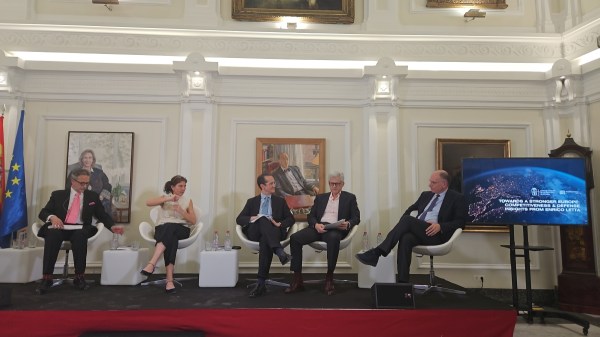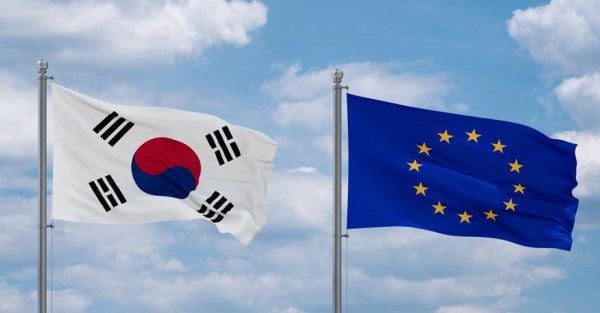Last week, and after more than two years of discussion, the European Parliament approved the proposal by the European Council on a Telecom Single Market Regulation (TSM). The approved amendments put an end to Roaming charges across the European Union, and also change the current regulatory framework, in order to help preserve an Open Internet.
Contrarily to what happens for example in Chile, and fortunately for most European citizens (excluding those from the Netherlands for the moment) offers of Zero-Rating by telco operators will generally be allowed. As it is well known, a Zero-Rating offer of a content or service means that the data used is not discounted from the monthly allowance for the user. These services are thus provided for “free” (in data terms) to the user.
As strange as it may seem, there are some analysts that consider this practice harmful for social welfare, because it arguably allows telco providers to “pick winners and losers”. Even such a prominent personality as Tim Berners Lee, inventor of the WWW, shares this view.
In Telefónica’s recently published Regulatory Economics Brief, the consequences of banning Zero-Rating are exposed in terms of consumer choice. The analysis shows that, assuming the actual fact that network capacity is finite, telco operators have no choice but to anticipate the data usage that people desire in order to remain competitive and keep attracting customers. So, it is not for them to pick winners and losers, but for the people, because if they are not aligned with what people want, they will lose customers and eventually go bankrupt.
Moreover, it is shown that the banning on Zero-Rating will reduce choice in both static terms (impossibility of accessing for free contents and services offered in the Internet) and dynamic terms (less choice becomes available as competitors will not need to react to their rivals’ Zero-Rating offers). This is of course in line with what common sense tells: it is better to have the option to access something for free than not to have it.
You can read the full Brief here.
A reduced version of this Brief has been published at the TechPolicyBlog of the American Enterprise Institute (AEI), one of the world most prestigious think-tanks dealing with telco policy and regulation.











